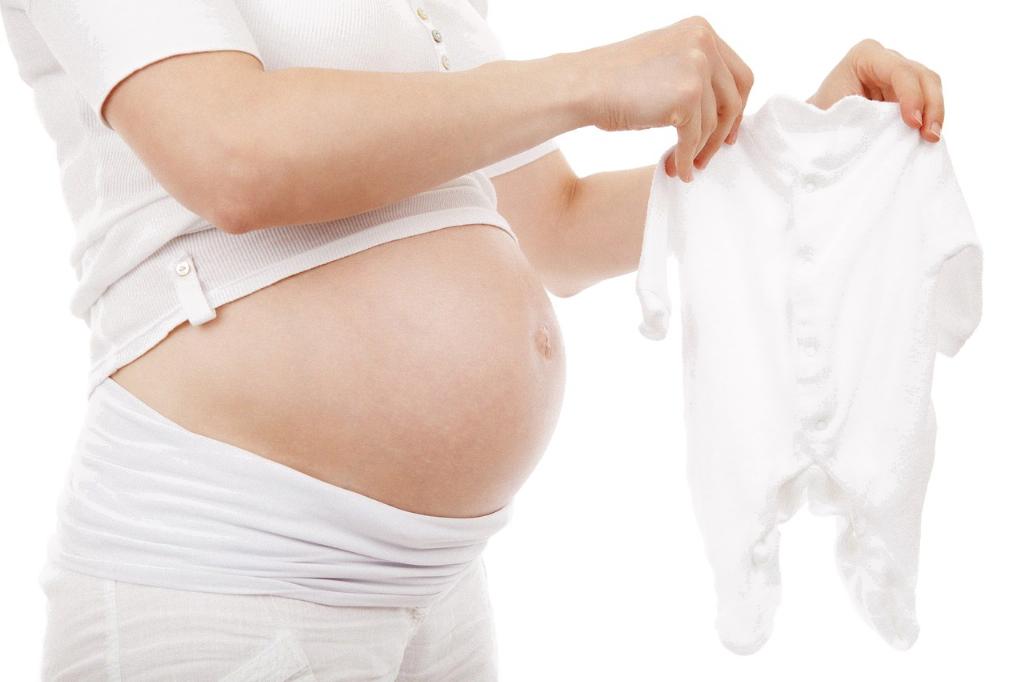When it comes to testing for pregnancy on day 30 of your cycle, it’s essential to consider the length of your menstrual cycle. If your cycles typically range from 28 to 36 days, testing on day 30 may not provide you with the most accurate results. Waiting a few more days can significantly improve the reliability of the test.
Understanding Menstrual Cycles
Menstrual cycles can vary in length from woman to woman. A typical cycle lasts around 28 days, but cycles between 21 to 35 days are still considered normal. It’s crucial to know the length of your cycle to determine the best time to test for pregnancy.
Factors Affecting Testing Accuracy
Testing for pregnancy too early in your cycle can lead to false negatives, which occurs when the test indicates no pregnancy when, in fact, you are pregnant. Factors like the timing of ovulation, implantation, and hCG hormone levels can influence the accuracy of the results.
Recommended Testing Time
For individuals with irregular cycles or uncertainty about the length of their cycle, waiting until day 37 or a few days after a missed period can provide more reliable results. This waiting period allows for higher concentrations of hCG hormone, which the pregnancy test detects.
Improving Accuracy with Patience
Patience is key when testing for pregnancy. While the anticipation may be overwhelming, waiting a little longer before taking the test can save you from potential disappointment due to false results. It’s worth the wait for greater peace of mind.
Advice from Healthcare Professionals
Healthcare professionals recommend waiting to test for pregnancy until after you’ve missed a period to increase the accuracy of the results. If you are unsure about the best time to take a pregnancy test, consulting with your doctor can provide you with personalized guidance.
Understanding False Negative Results
False negative results can occur if you test too early in your cycle when hCG levels are not yet detectable by the pregnancy test. Waiting until the hormone levels are adequately elevated can help prevent false negatives and provide you with more accurate results.
Signs to Watch For
Instead of solely relying on pregnancy tests, paying attention to potential pregnancy symptoms can also help you determine whether testing would be beneficial. Symptoms like fatigue, breast tenderness, nausea, and a missed period can indicate pregnancy.
Timing Your Test Strategically
Strategic timing of your pregnancy test can make a significant difference in the accuracy of the results. Waiting until after a missed period can ensure that hCG levels are at a detectable level and increase the likelihood of obtaining reliable results.
Considerations for Early Testing
If you feel compelled to test early in your cycle, keep in mind that the accuracy of the results may be lower due to lower hCG levels in the early stages of pregnancy. Testing again after a few days can provide a clearer picture of your pregnancy status.
Self-Care and Patience
Engaging in self-care practices and practicing patience during the waiting period can help alleviate anxiety and stress associated with pregnancy testing. Remember that your well-being is paramount, and seeking support from loved ones can make the waiting process more manageable.
Final Thoughts
In conclusion, while testing on day 30 of your cycle is possible, waiting until after a missed period or around day 37 can yield more accurate pregnancy test results. Understanding your menstrual cycle, hCG hormone levels, and the factors affecting testing accuracy can guide you in making informed decisions about when to test for pregnancy.

